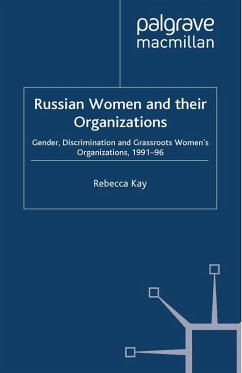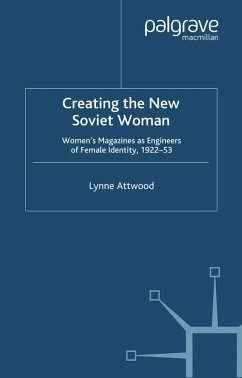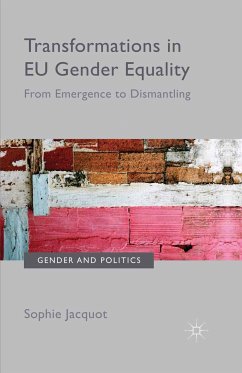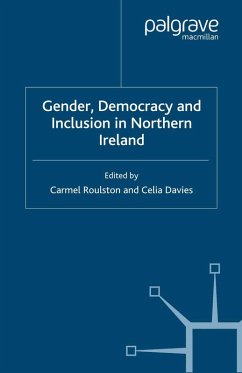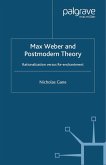Dieser Download kann aus rechtlichen Gründen nur mit Rechnungsadresse in A, B, BG, CY, CZ, D, DK, EW, E, FIN, F, GR, HR, H, IRL, I, LT, L, LR, M, NL, PL, P, R, S, SLO, SK ausgeliefert werden.
'This is the first detailed study of gender relations and the women's movement in Russia in the years following the collapse of the Soviet Union. It is excellently researched and coherently argued, with a clear understanding of current feminist theory. Rebecca Kay reports on the aims and achievements - and equally the disagreements and failures - of women's organizations in an often hostile 'gender climate'. Her perspective is not only that of a sympathetic and well-informed outsider. She is alert to the similarities as well as the differences between Russia and the West and shows how an understanding of the problems faced by Russian women in an era of great turmoil and uncertainty can shed light on gender relations much nearer home. The book is very readable and should appeal to specialists, students and anyone interested in contemporary feminist issues.' - Linda Edmondson, Research Fellow, Centre for Russian and East European Studies, University of Birmingham

